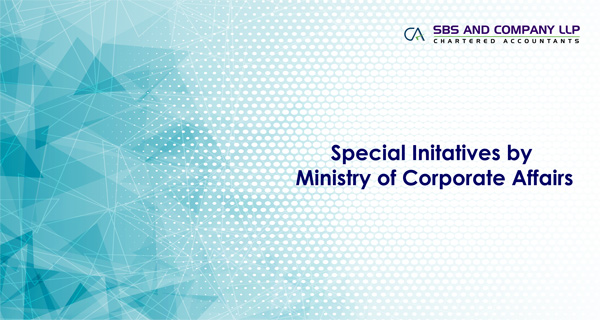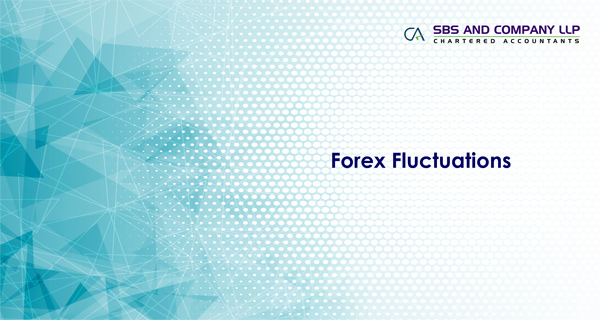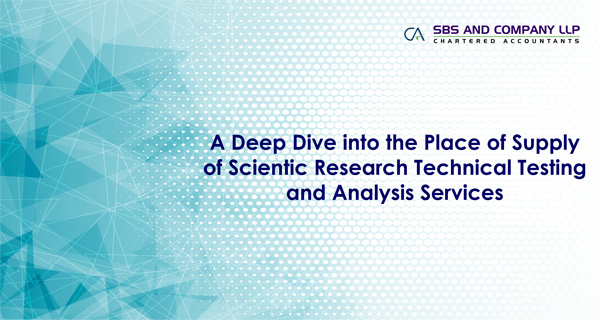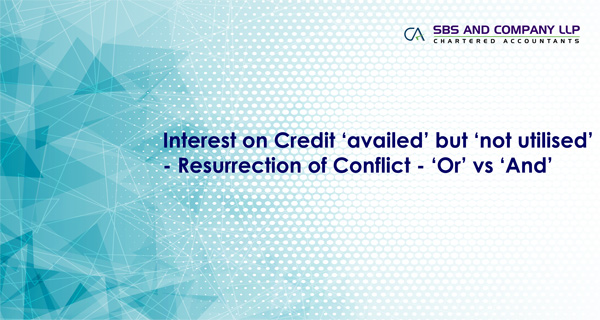- SBS AND COMPANY LLP
- Blog
- Hits: 1512
Article On Special Measures By The Ministry Of Corporate Affairs, In View Of Covid-19 Outbreak
In view of the outbreak of COVID-19, protection and safety of the lives, is the utmost priority, and compliance of the law is secondary, and in this regard, to support and enable Companies and LLPs in India, to address the threat and economic disruptions caused by COVID-19, the Ministry of Corporate Affairs, vide General Circular No.11/2020, Dated: 24.03.2020, has implemented the following measures to reduce the compliance burden and other risks.








